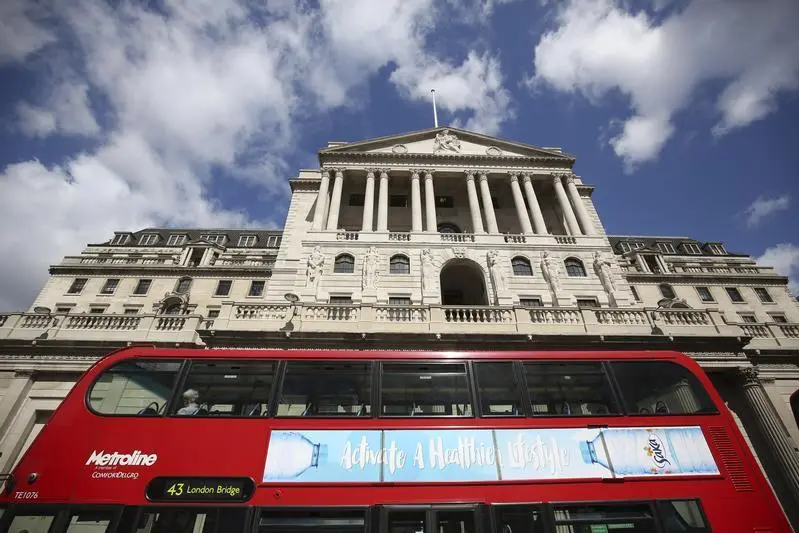PHOTO
The Bank of England will probably have to raise interest rates further from their current 14-year high to tackle inflation pressures, its deputy governor said.
Dave Ramsden said he had not reached a firm decision, but it was “likely” that the bank rate would have to rise further.
“I am going to look at the indicators, look at the evidence as we approach each upcoming meeting,” he said.
The bank raised interest rates last week to 1.75%, an increase of 0.50%, which was the sixth increase since December 2021 and the largest rate increase since 1995.
“We know that what we are doing is adding to an already very challenging environment,” Ramsden said.
“But our assessment is we needed to act forcefully to ensure that inflation doesn’t become embedded.”
The BoE’s governor Andrew Bailey received criticism earlier this year for suggesting that employees should show “quite clear restraint” when negotiating for pay rises due to inflationary pressures, saying it could make inflation worse.
But inflation in the UK is now expected to reach a peak of 13% in October, up from its current 9%, but is expected to fall to the BoE’s target of 2% as the country falls into recession, according to Reuters reports.
High prices for goods as inflation increases are compounding the UK’s growing cost of living crisis, under which consumers, many of whom rely on gas to heat their homes, are facing spiralling bills this winter.
Energy companies supplying the UK have increased prices rapidly due to high demand developed because of sanctions on Russian oil and gas imports due to the war in Ukraine.
(Reporting by Imogen Lillywhite; editing by Seban Scaria)





















